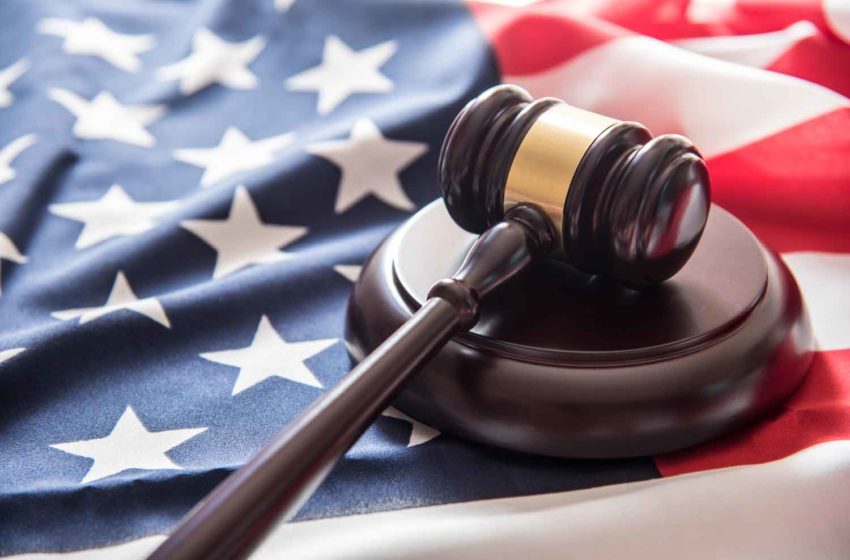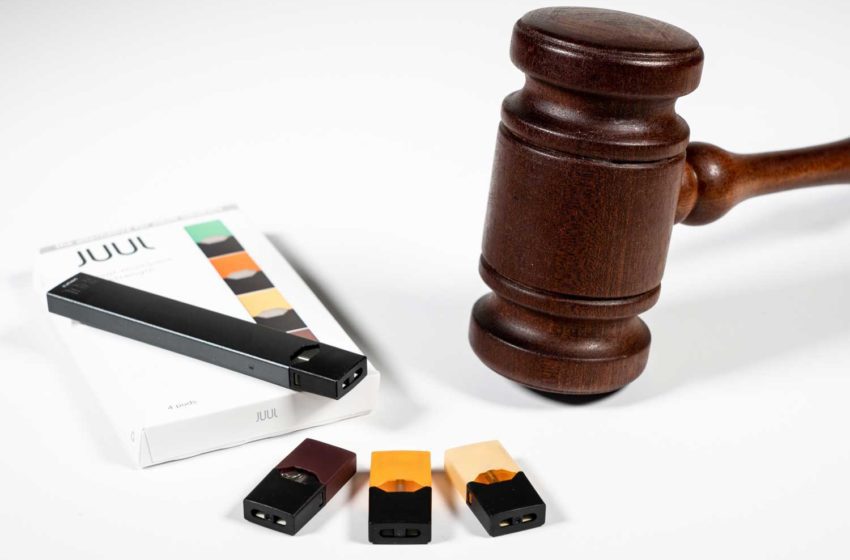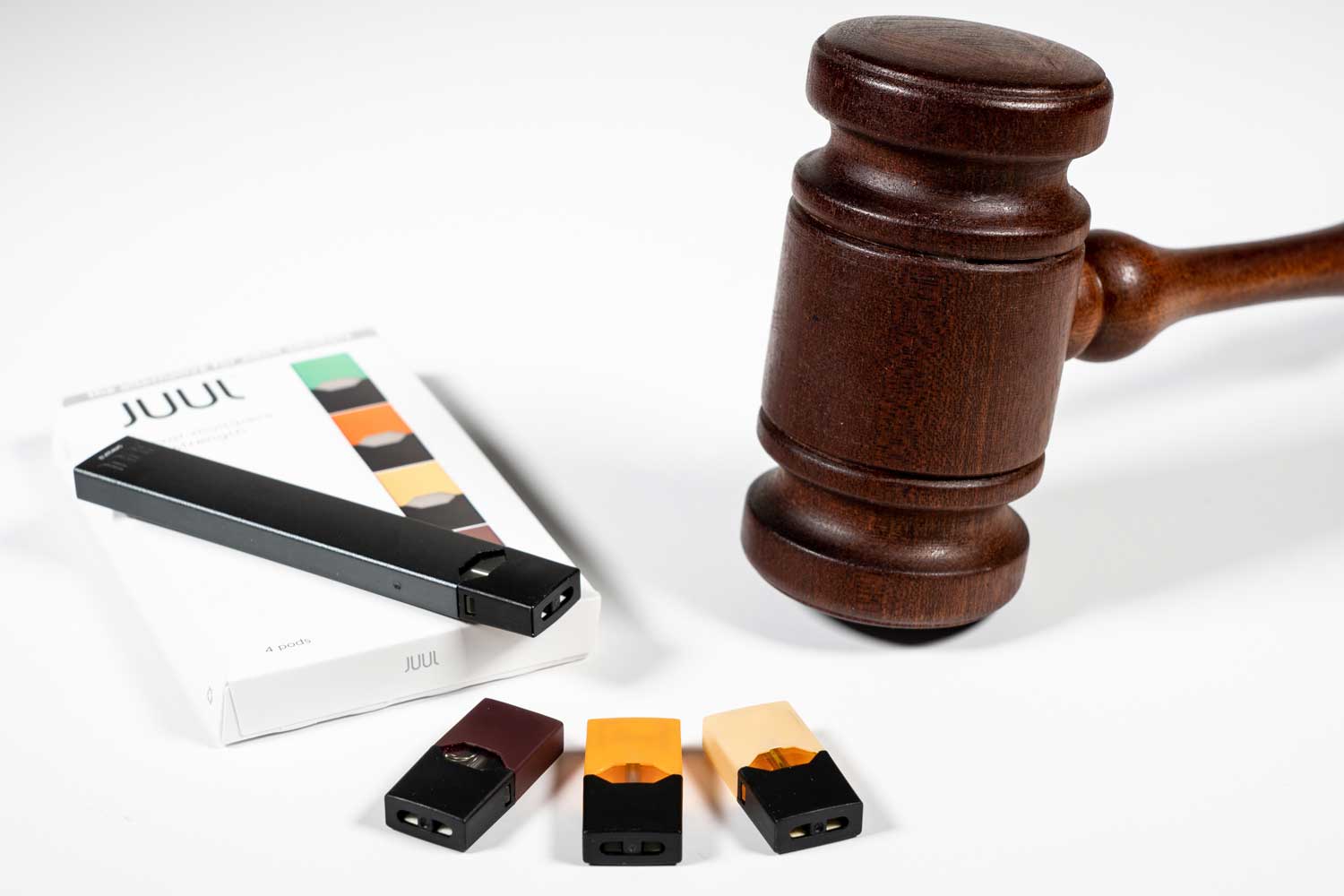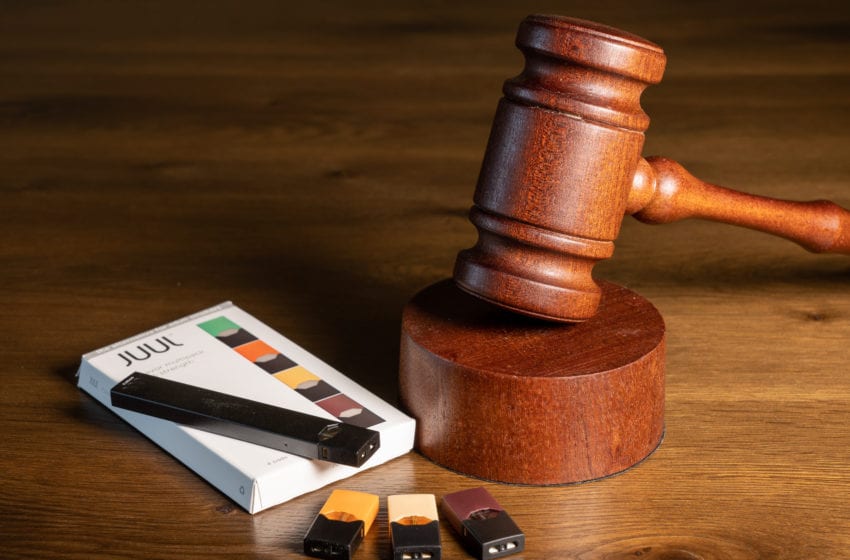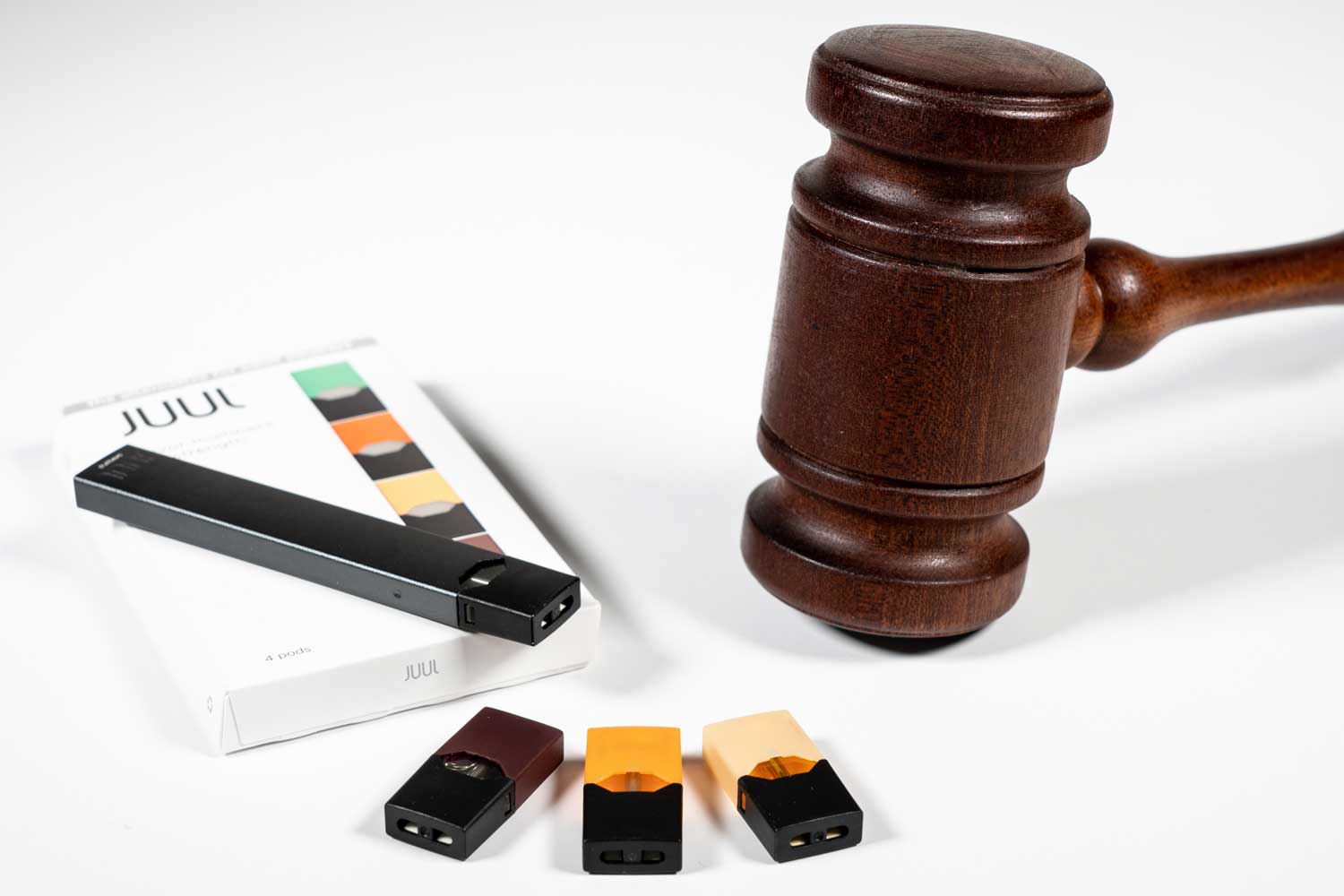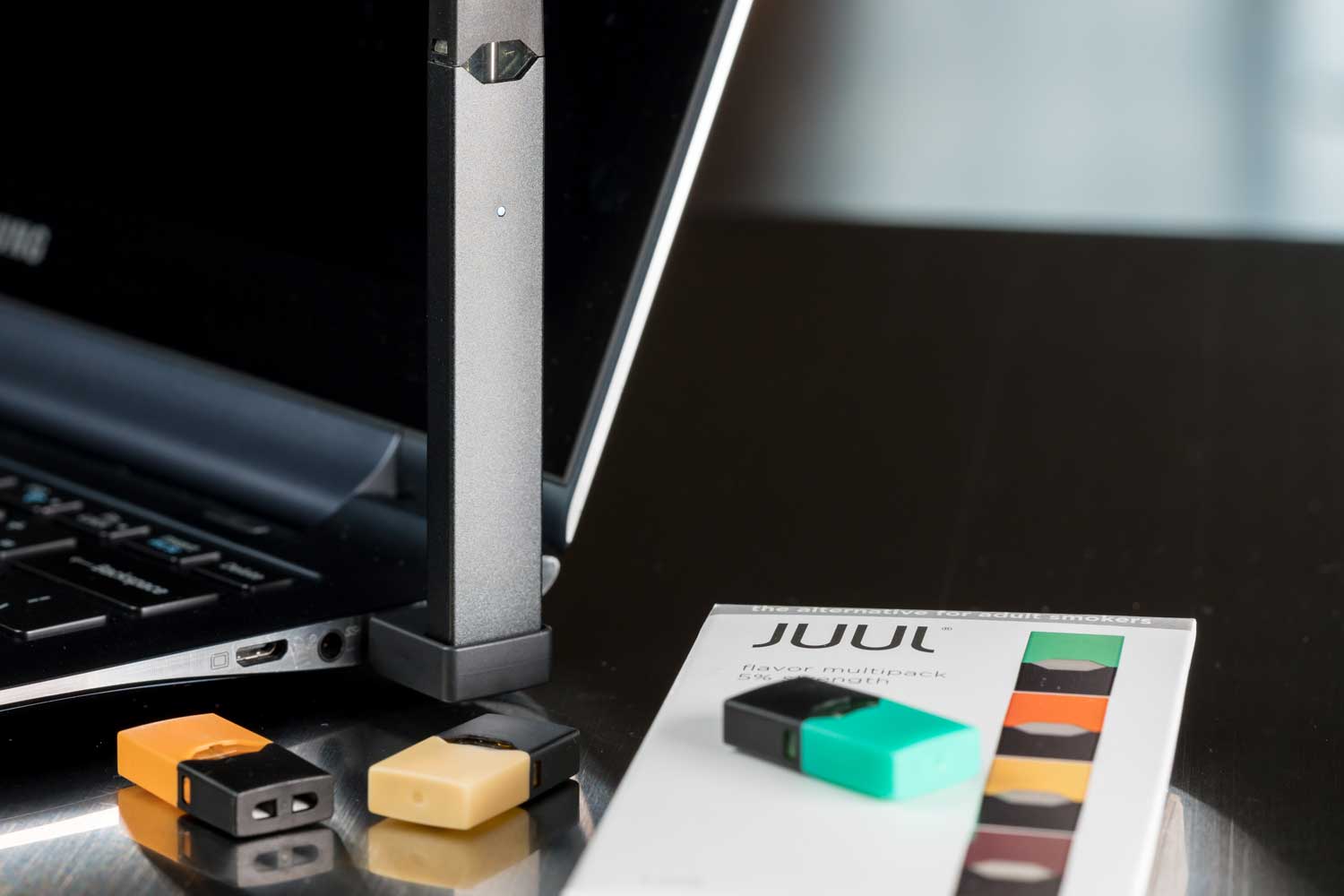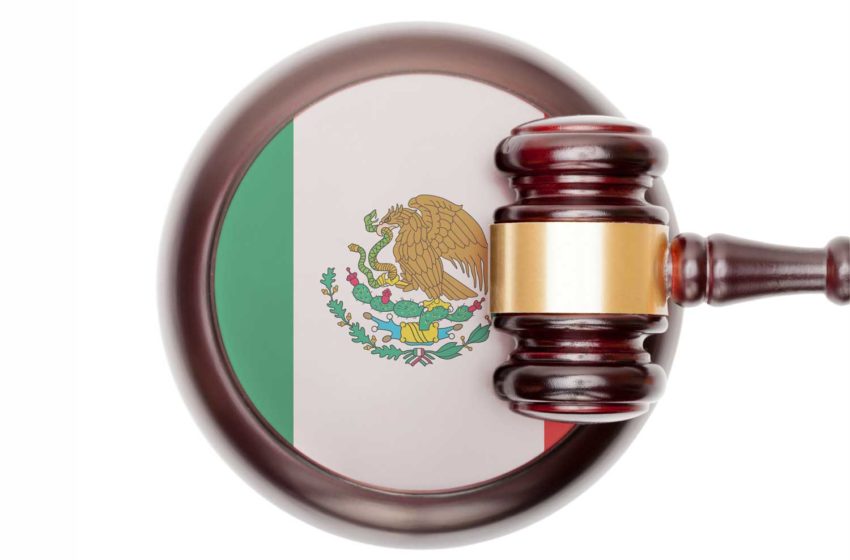
North Carolina Attorney General Josh Stein on Nov. 16 announced “major actions” against the e-cigarette industry due to ongoing concerns about kid-friendly flavors, youth marketing and poor age verification.
In addition to suing Juul Labs founders James Monsees and Adam Bowen, Stein commenced a statewide investigation into Puff Bar and other e-cigarette manufacturers, distributors, and retailers.
“We made major progress in protecting young people from e-cigarette addiction when we secured a court order dramatically changing the way Juul does business and recovering $40 million to help kids conquer their nicotine addiction. But many of the billions Juul made from addicting kids to nicotine are now in the personal accounts of its founders and early investors. The people behind this company must be held accountable and pay to clean up the mess they made,” Stein said in a statement.
“At the same time, the market Juul created still exists, and other companies are filling the vacuum. We are actively investigating Puff Bar and other companies at all stages of the distribution chain, from manufacturers to retailers and everything in between to ensure they are not profiting off kids. Where I find illegal behavior, I will not hesitate to take legal action.”
As Juul discontinued some its flavored products in the U.S., Puff Bar has emerged as the vape of choice among young people. In 2020, the Food and Drug Administration told Puff Bar to stop selling its flavored vaporizers as part of a broader crackdown on underage vaping. However, the company resumed sales in early 2021 with products using synthetic nicotine, which the company believes are outside the FDA remit. In response, the agency launched an investigation of the redesigned Puff Bar.
Puff Bar sales in retail stores tracked by Nielsen totaled $156 million for the year ended Sept. 25, according to Goldman Sachs, although it is unclear how many of those sales are counterfeit products. In a federal survey released in Sept., 26 percent of high-school vaporizers said they used Puff Bars. Among middle-school e-cigarette users, 30 percent reported that their generic brand was Puff Bars.




